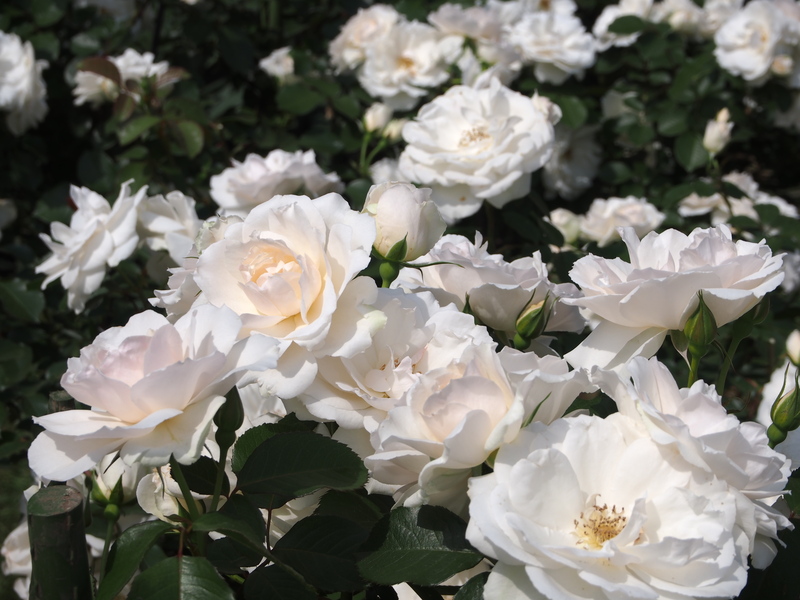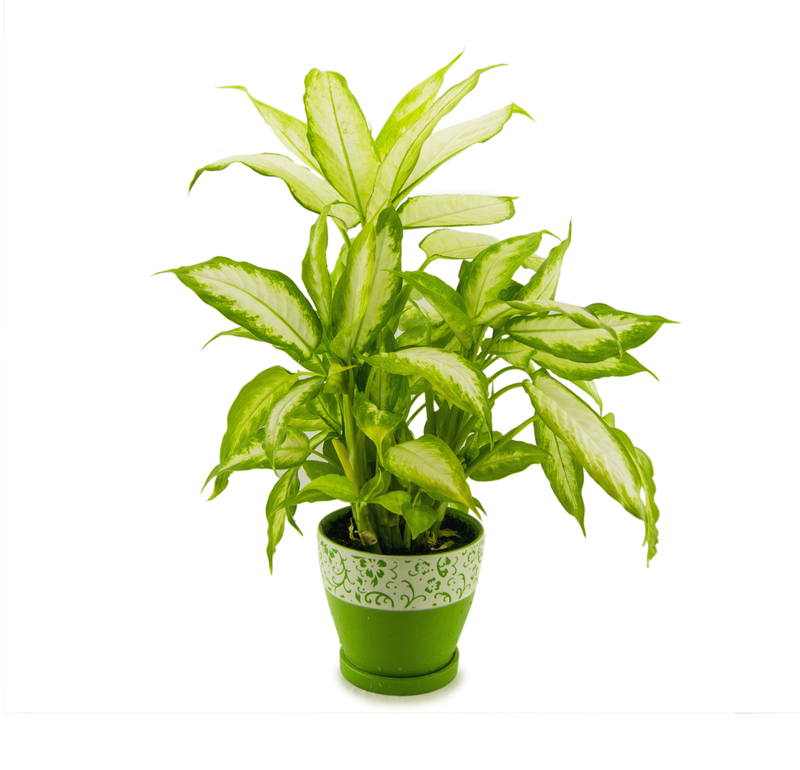Boost Backyard Privacy with Natural Landscaping Features
Are you yearning for a secluded backyard retreat, shielded from prying eyes yet alive with the beauty of nature? The secret lies in blending natural landscaping features to boost backyard privacy without sacrificing style or greenery. Not only do these solutions create charming and serene spaces, but they also come with added benefits--like increasing property value, supporting local wildlife, and improving air quality.
Why Choose Natural Landscaping for Privacy?
Homeowners often debate between traditional fencing and green alternatives. While wood, vinyl, and stone have their merits, natural landscaping solutions for backyard privacy offer sustainability and beauty in equal measure. Here's why you should consider turning your outdoor area into a lush, private haven:
- Eco-friendly: Plant-based barriers filter air pollutants and provide habitats for birds and pollinators.
- Visual appeal: Blooming shrubs, layered plantings, and living walls add dimension and color to your garden.
- Cost-effective: While installation may require an upfront investment, ongoing maintenance is often lower than fencing.
- Noise reduction: Thick planted areas absorb sound, creating a quieter yard.
- Seasonal interest: By mixing evergreens, flowering plants, and ornamental grasses, your privacy screens change with the seasons.

Top Natural Landscaping Features for Enhanced Backyard Privacy
Ready to transform your backyard into a private oasis? Let's explore the best natural elements that landscaping experts recommend for privacy:
1. Living Fences: Hedges That Work Hard
Living fences--also known as hedge plants--are among the most popular choices to boost backyard privacy using landscaping. They're low-maintenance once established, long-lasting, and come in various heights and densities.
- Boxwood: Classic, evergreen, and easily sculpted into formal or informal hedges.
- Arborvitae: Fast-growing, dense, and perfect for tall screens.
- Privet: Hardy, urban-tolerant, and grows quickly to create solid privacy walls.
- Photinia: Red-tipped leaves add seasonal color contrast and dense coverage.
Plant hedges in staggered double rows for maximum coverage. With time and light pruning, these living fences provide almost impenetrable visual barriers year-round.
2. Privacy Trees: Nature's Towering Guardians
If you desire vertical privacy, consider a mix of fast-growing and evergreen trees. Trees not only block sightlines from neighboring homes, but also help muffle noise and add property value. Ideal choices include:
- Eastern White Pine: Soars up to 50 feet with lush, feathery needles.
- Thuja Green Giant: A popular, disease-resistant arborvitae hybrid; grows up to 5 feet per year.
- Bamboo: Especially clumping varieties; forms dense, tall privacy screens--just be sure to contain its spread.
- Cypress: Fast-growing, with graceful branches and attractive green-blue coloring.
Properly spaced privacy trees can block second-story windows, highways, or unsightly views while creating a peaceful, shaded backyard sanctuary.
3. Multi-Layered Planting Beds for Depth and Coverage
For both beauty and function, layered landscaping uses a combination of ground covers, shrubs, and trees. This approach mimics natural woodland edges and enhances privacy at multiple heights.
- Tall trees form the backbone of your screen.
- Large shrubs fill in mid-level gaps.
- Ornamental grasses and perennials add softness and seasonal blooms at ground level.
*Layered buffers* not only discourage nosy neighbors but also offer habitat for birds and butterflies, creating a lively, dynamic backyard space.
4. Vertical Gardens and Green Walls
Bring privacy to patios, decks, and small spaces with vertical gardens. By training vines and climbing plants on trellises, arbors, or custom-built frames, you obtain a lush green shield, even where space is limited.
- Clematis: Gorgeous blooms and fast-growing vines.
- Honeysuckle: Sweet fragrance and excellent screening ability.
- Wisteria: Elegant, cascading flowers in spring--beware, it's vigorous!
- English Ivy: Evergreen foliage and adaptable to sun or shade.
*Tip*: Combine several vine varieties for a tapestry of color, texture, and scent. Vertical gardens are perfect for creating secluded seating or outdoor dining areas.
5. Privacy Screens with Ornamental Grass
For a natural yet modern touch, ornamental grasses provide tall, soft privacy barriers and movement in the breeze. They thrive in a range of conditions and require minimal care.
- Pampas Grass: Statuesque, with showy plumes in late summer.
- Feather Reed Grass: Upright, with feathery flower heads atop slim stems.
- Switchgrass and Fountain Grass: Adaptable and perfect for softening fence lines.
Bunch these grasses together along boundaries to soften hardscapes and create a wispy veil of privacy.
6. Flowering Shrubs and Perennials
Why not enjoy blooms while securing seclusion? Large flowering shrubs and perennial borders boost backyard privacy by adding dense growth and long-lasting color.
- Rose of Sharon: Deciduous, with beautiful summer flowers.
- Hydrangea: Large leaves and globe-shaped blossoms create gorgeous, dense screens.
- Butterfly Bush: Fragrant and perfect for attracting pollinators as well as envious glances.
*Pro Tip*: Plant in double rows for a more complete barrier and longer period of blooms.
Design Strategies for Maximum Privacy and Beauty
Successfully enhancing backyard privacy with landscaping features involves more than picking plants--it's about placement, layering, and design harmony. Follow these expert design tips to get the most out of your backyard privacy landscaping:
- Evaluate sightlines: Walk your yard and note where neighbors can see in. Focus plantings on these hotspots.
- Stagger and layer: Plant in curves or clusters, not straight lines, for more natural coverage and a lush look.
- Mix species: Combine evergreens for year-round privacy with seasonal plants for color and variety.
- Add garden structures: Use arbors, pergolas, or lattices for instant height while slower-growing plants mature.
- Consider maintenance: Opt for native species to minimize watering and resist pests.
Common Mistakes to Avoid
- Ignoring mature size: Planting too close leads to crowding and poor air circulation, which invites disease.
- Choosing invasive species: Bamboo, for example, can be hard to control--pick clumping varieties instead of runners.
- Neglecting soil and sunlight needs: Match plant species to your yard's conditions for healthy, robust growth.
- Overlooking local ordinances: Some cities restrict hedge or tree height--check before planting.
Eco-Friendly Benefits of Natural Privacy Landscaping
Switching from fences to natural landscape features for backyard privacy offers more than good looks--it's a boon for the environment. Here's how:
- Wildlife habitat: Birds, butterflies, and beneficial insects find food and shelter.
- Stormwater management: Deep-rooted plants control erosion and improve water infiltration.
- Climate adaptation: Trees and shrubs reduce the urban heat island effect and help cool your home.
- Reduced chemical usage: Native and adapted plants need less fertilizer and pesticides.
Budget-Friendly Privacy Landscaping Ideas
Not every effective privacy screen requires a hefty investment. Try these economical, DIY-friendly natural privacy solutions:
- Start with fast-growers: Privet, willow, and bamboo can create coverage within a few seasons.
- Mix annuals and perennials: Sunflowers and hollyhocks provide summer privacy while perennials fill in over time.
- Re-purpose materials: Old pallets or salvaged wood make quick trellis supports for vines.
- Propagate your own plants: Take cuttings or divisions to expand your green barrier for free.

Frequently Asked Questions
What are the best fast-growing plants for backyard privacy?
Popular choices include arborvitae, bamboo, Leyland cypress, and privet. For rapid results, pair fast-growers with slower but longer-lived options for lasting coverage.
How can I maintain my privacy landscaping?
Most hedges and trees require light pruning once or twice yearly to maintain shape and density. Keep weeds and grass clear near the base and add mulch to conserve moisture. Water regularly until your plants are established.
Can natural privacy features be used in small yards?
Absolutely! Compact shrubs, vertical gardens, and creative container plantings offer seclusion in even the tightest urban yards, patios, or balconies.
Conclusion: Transform Your Backyard Into a Private Retreat
Natural landscaping features for backyard privacy offer unmatched beauty, ecological benefits, and long-term value. Whether you choose towering trees, lush hedges, layered plantings, or creative vertical gardens, you can boost backyard privacy--and enjoy a lush, living sanctuary all your own.
With a bit of planning, careful plant selection, and creativity, your outdoor space can become a true escape. Start by assessing your privacy needs, exploring plant combinations, and designing with both function and aesthetics in mind. The result? A backyard brimming with natural seclusion that enhances your home and your lifestyle.



